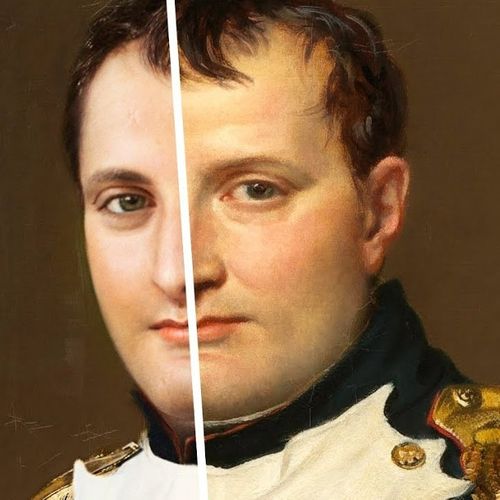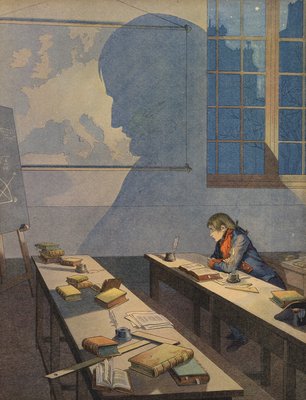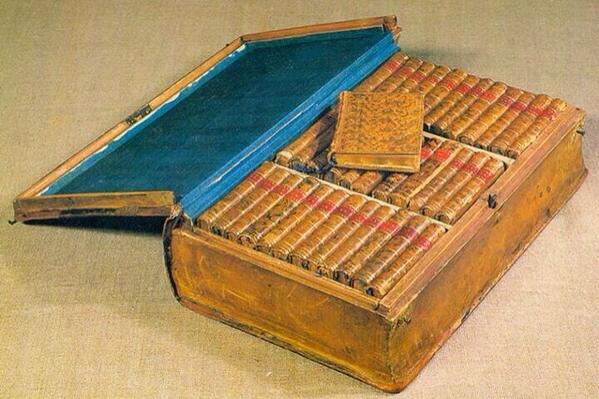The Psychology Of Napoleon
Apr 30, 2023 · 2 mins read
0
Share

Napoleon was a world-historic figure. He ranks among the greatest military commanders and emperors in human history. How did his mind work? Let's find out:
First, he knew what he wanted - he studied the campaigns of Alexander and Caesar as a young man.
Save
Share
This illustration - The Young Napoleon Bonaparte Studying At The Military Academy - captures his future greatness.

Save
Share
If Napoleon went to a psychiatrist today he'd get ADHD pills. From the battlefield he wrote letters setting down regulations for French theatre, reopened investigations into real-life murder mysteries - all while being one of history's greatest conquerors. Today he'd get ritalin.
Save
Share
All great ambitions are complex and demand multitasking. A thousand little machines must work just right for the rocket to lift off - a thousand little details must be just right for you to become emperor. From the beginning, Napoleon internalised this. In a letter to a minister:
Save
Share
Save
Share
Instead of reading what political theorists think of power, we should read what actual powerful people say. Power is not the end point but the beginning. To have power is to have the space, tools, and time to be creative. To birth something from nothing. Napoleon said it best:
Save
Share
Save
Share
From a 1925 paper The Psychology of Napoleon: "The most astonishing psychological characteristic of the campaign of 1796 is the suppleness of Bonaparte’s genius, the prodigious facility ui tli which that genius unfolded and adapted itself to every form of maneuvering."
Save
Share
Napoleon the micro-manager: "All great events hang by a hair. The man of ability takes advantage of everything and neglects nothing that can give him a chance of success; whilst the less able man sometimes loses everything by neglecting a single one of those chances."
Save
Share
Napoleon was an obsessive reader, and took dozens of books to battle in his portable library. He always had librarians on standby, summarizing books he did not have time to read. His inner life was as vast, fertile, and active as his influence on the outside world.
Save
Share
0

